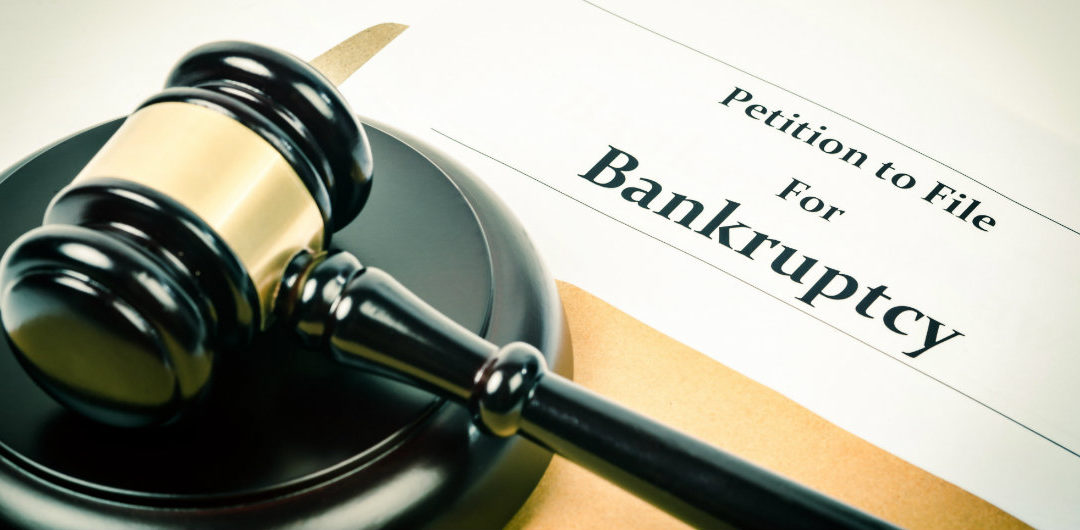If you are a business owner considering bankruptcy, you are probably wondering what effect this would have on your personal credit history. One will impact the other only when you are personally liable for the debts incurred by a business. This depends on the tax liability of the business according to its structure as well as whether you ever signed a personal guarantee accepting responsibility for the debts of the business. Your best course of action is to meet with a business bankruptcy lawyer before you file to ensure that you understand your options and the consequences of each potential decision.
A Business Bankruptcy Lawyer Explains Bankruptcy as a Sole Proprietor
Your bankruptcy filing will appear on your credit file if you operate your business as a sole proprietor. If you decide to file bankruptcy, it could affect your personal credit score in a negative way. Tax and bankruptcy law considers you and your business as the same entity when you work as a sole proprietor. Eliminating your business debts through Chapter 7 bankruptcy or involving the courts to create repayment plans under Chapter 13 will show up on your personal credit report for up to 10 years.
Filing Bankruptcy as a General Partnership
Things get a little more complex if your business entity type is general partnership. With this type, each partner is personally responsible for paying business debts. If one or both of you neglect to do so, the creditor can report accounts as delinquent on your personal credit report. It’s to your advantage to work with a business bankruptcy lawyer when filing personal bankruptcy on behalf of your business.
If one partner files personal bankruptcy and the other does not, the non-filing partner would remain legally responsible for business debts. Additionally, the partners remain responsible for debts not paid from liquidation of their personal property.
Business Structures That Typically Don’t Impact Personal Credit
Businesses with a structure of corporation, limited liability corporation, or limited partnership separate the finances of their owners from the finances of the business. This is good news if you are considering filing business bankruptcy. However, it isn’t always a good idea because these types of business do not receive a bankruptcy discharge. It can also make it possible for creditors to file lawsuits against individual owners of the business.
Two exceptions exist when filing bankruptcy might affect the personal credit of a business owner under one of the above entity types. The most common one is when someone signed a personal guarantee at the time of receiving funding from a creditor. Filing for bankruptcy does not wipe out the legal obligation to pay the personal guarantee, which means that it will reflect negatively on that person’s credit report. The other instance is when your business owes certain types of taxes such as payroll and sales tax since these are not dischargeable in bankruptcy.
Request a Consultation with a Small Business Bankruptcy Attorney
CMC Law in Atlanta offers a free bankruptcy consultation to any individual or business considering it. Please contact us to schedule your time to meet with a business bankruptcy lawyer today.

